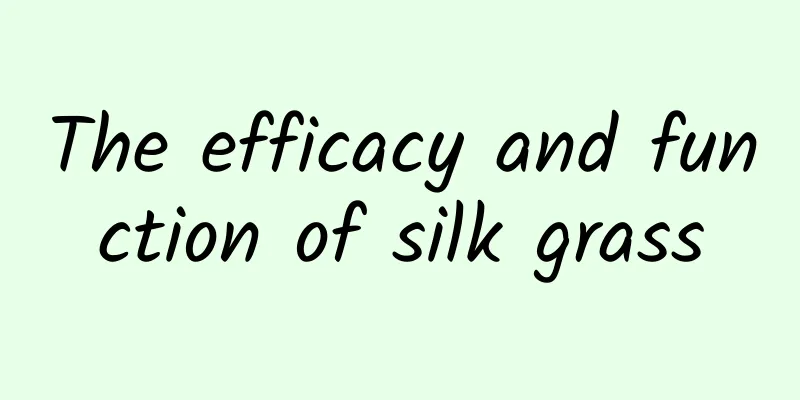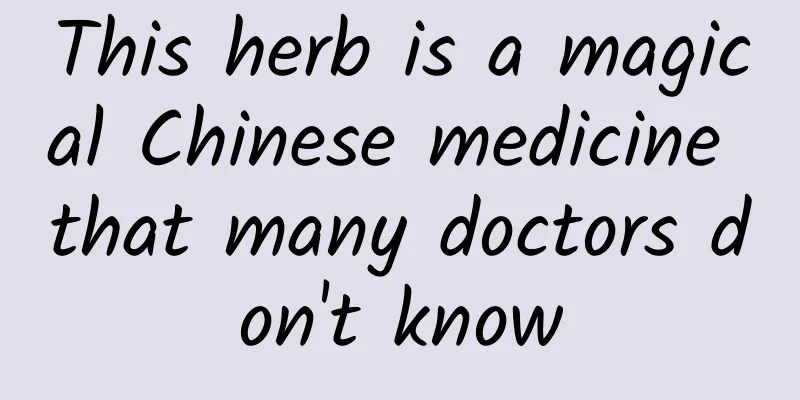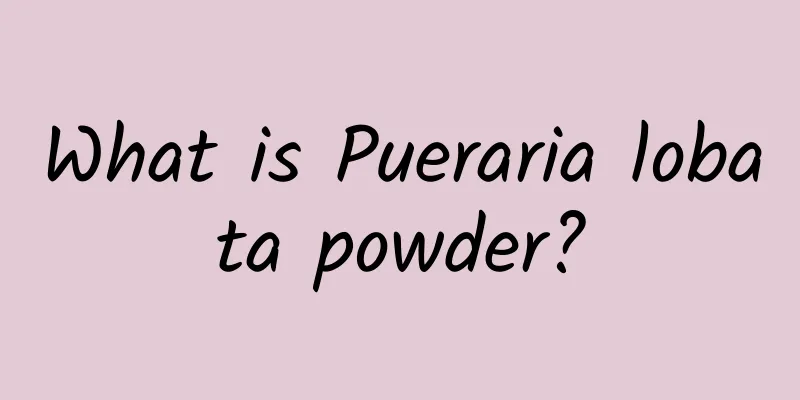The efficacy and function of silk grass

|
I still remember that when I was a child, the adults in my family would often go to the fields to collect some plant flowers or leaves and bring them home to boil in water for foot soaking. They thought that this would enhance people's immunity and prevent diseases such as fever and colds. What are the functions and effects of Miscanthus sinensis? It is made by picking out the residue from dry Imperata roots, washing, slightly moistening, cutting into strips, drying, and sifting out the residue. It is used to treat fever symptoms such as thirst without appetite, vomiting blood, epistaxis, rapid wheezing due to lung heat, hiccups due to stomach heat, gonorrhea, difficulty urinating, edema, and jaundice. Imperata root is cold in nature and also has anti-inflammatory effects. The leaves are mostly clustered, with no hairs at the tip of the petiole, or with fine hairs at the top, edges and sheath mouth. When old, the tip may be crushed into fibrous ligules that are wet and membranous, obtuse, about 1mm long. The leaves are linear or strip-lanceolate, gradually pointed at the apex and gradually narrowed at the tip. The radicular leaves are long, almost the same as the main stem, and the cauline leaves are shorter. The panicle is columnar, 5 to 20 cm long and 1.5 to 3 cm wide, with branches contracted and gathered, and spikelets lanceolate or long ring-shaped. The roots of Scutellaria baicalensis contain a large amount of granulated sugar and glucose, a small amount of glucose, maltitol, sodium citrate, oxalic acid, malic acid, etc., and also contain 21% cassava starch. It has the effects of dispersing blood, activating blood circulation, clearing away heat and detoxifying, and promoting urination. It is used to treat fever symptoms such as thirst without appetite, vomiting blood, epistaxis, rapid wheezing due to lung heat, hiccups due to stomach heat, gonorrhea, difficulty urinating, edema, and jaundice. The underground stems are densely covered with fish scales. From the perspective of traditional Chinese medicine, Imperata root can clear away heat, detoxify and promote urination. Its effect on hepatitis is not very obvious, unless the hepatitis patient has heat in the body, such as fever, bitter taste in the mouth and bad breath. However, in general, the use of Imperata root to treat chronic hepatitis is relatively rare. Take 15-25 grams each of Chinese yam and longan meat, and 1 wild turtle. Scald the wild turtle with boiling water, clean it, cut it open and remove the intestines. Then add appropriate amount of water, stew the wild turtle and its shell together with the Chinese yam and longan meat before eating. No seasoning is needed. This small folk remedy nourishes yin and replenishes yang, and is very effective for the symptoms of qi and blood deficiency in chronic hepatitis. Thatch root has the effects of dispersing blood, activating blood circulation, clearing away heat and detoxifying, and facilitating urination. Thatch can eliminate fever symptoms such as thirst without appetite, vomiting blood, epistaxis, rapid wheezing due to lung heat, hiccups due to stomach heat, gonorrhea, difficulty urinating, edema, and jaundice. |
<<: The effect of drinking Tongkat Ali soaked in water
>>: Taboos of Herba Ichthyophthiri
Recommend
How do you know what an elephant eats? Look at its poop!
If you were an elephant detective, how would you ...
What are the effects and functions of wild rose pollen
There are wild roses and roses grown at home. The...
Toona sinensis, Houttuynia cordata, and Durian, which one has the top 1 stink?
Audit expert: Shi Jun Doctor of Botany, well-know...
Why do some bank card numbers have 16 digits and some have 19 digits?
Do you know what the numbers on your ID card repr...
The efficacy and function of the semicircular cap yin stone fern
Speaking of the semicircular stone fern, we are a...
The elements of the inflatable ball control the life and death of the universe | Tutu Science Fiction
Your browser does not support the video tag Vocab...
The efficacy and function of Eucommia ulmoides
Eucommia ulmoides is a traditional Chinese medici...
The efficacy and function of Olea europaea
The traditional Chinese medicine Oleander is ofte...
Why does the voice age?
Review expert: Yuan Xiandao Beijing Anzhen Hospit...
Talking about Snakes in the Year of the Snake | The Year of the Snake is here, dragons and snakes are passed down from generation to generation, let’s take a look at the story of the giant snake!
Warning: This article contains multiple photos of...
The efficacy and function of wild ginseng[picture]
Many people are not very clear about the efficacy...
The efficacy and function of Dingxincao
Juncus effusus, also known as water rush, is a pe...
The efficacy and function of cat shit fruit
Cat shit fruit is a traditional Chinese medicinal...
The effect of wolfberry, red dates and astragalus soaking in water
There are many things with nutritional value arou...
Dragon Year: Do you know these dragon-like plants? →
The Jade Rabbit returns on the snow, and the Gold...









